12), also in response to incidences of violent extremism at the start of 2015 (e.g., European Union 2015), may offer an opportunity for further considering the importance of educating whole persons and for Valentinaof4 the development of competencies that can serve RRI purposes and foster care and responsiveness towards societal challenges. Luxembourg: Publications Office of the European Union. The Jakarta City Hall at the south of Merdeka Square houses the office of the governor and the vice governor, and serves the main administrative office. A main focus in academia is on rankings, productivity, income generation, and knowledge commercialization. Collaborations between HE and other societal actors, in pursuit of excellence and regional development, are encouraged by the EU (e.g., European Commission 2011) and can thus favor an interplay between academia and society and overall an education with society. European Commission (2013). Report to the European Commission on improving the quality of teaching and learning in Europe’s higher education institutions. Some European policies incentivise an RRI approach, however these largely relate to the European Research Area and to efforts to bridge science and society (e.g., European Commission 2016). When it comes to European HE teaching and learning policies, a review undertaken as part of EnRRICH (McKenna 2016) suggests that RRI is barely referenced in European HE policy and https://Www.Connect.Lv/ few efforts are being made to facilitate a transition to HE curricula which incorporate RRI elements.
While European HE policies can be influential in terms of guiding curricula, member states interpret and implement these policies in line with their national contexts and needs. European Commission (2010). A Strategy for Smart, Sustainable and Inclusive Growth. This temperature is considered the lowest ever officially recorded in Antarctica and in the World, as it was perceived by ground-positioned thermometers in 1983. Satellite analyses made on 10 August 2010 pointed to a temperature of −93.2 °C (−135.8 °F) near Dome F in Queen Maud Land, but this record is not officially listed because it was measured by remote sensing methods that are not totally consistent, unlike the 1983 temperature. An emphasis has been placed on synergies between the scientific, educational, and business world, i.e., the “knowledge triangle” (e.g., European Commission 2011), with less mention of CSOs, the wider public and other stakeholders. European HE teaching and learning policies focus on strengthening the potential of HE to contribute to Europe’s prosperity and growth, more recently sustainable growth, overall placing less emphasis on socio-ecological aspects related to the well-being of people and planet which are crucial in fostering an education for society. Each of those competencies represents a dynamic interplay between knowledge, skills, and dispositions connected to values, which call for learning to know, learning to do, and learning to be as discussed above.
Taking an RRI perspective, and based on phronesis next to scientific knowledge, this paper suggests a working definition of RRI in HE, three educational design principles, and a RRI competence framework that can inspire the development of a RRI-oriented curricula, relevant for Bachelor and Master students. Wageningen University (2017) highlights the need for equipping students to contribute to sustainable solutions and to take on their social, personal, and ethical responsibilities. Those competencies emerge in interaction with others and the situation and/or environment in which activities take place (Wals 2010b, p. The dynamic interactions between competencies and dimensions help create a multi-dimensional RRI competence which can enable RRI as intended in the definition and through the design elements already presented. Furthermore, the framework recognizes that RRI is a complex matter that can be related to diverse contexts, subject areas, and actors. The High Level Group on Modernization of Higher Education acknowledges that Europe’s graduates require an education that promotes inter- and trans-disciplinarity and that enables students to engage articulately as committed, active, global citizens as well as actors in the ethical and sustainable development of our societies, but also recognizes that European HE systems do not routinely offer this kind of teaching experience (European Commission 2013). In spite of that, the emerging emphasis on the role of education in fostering inclusion and equality, active citizenship, and democratic competencies (e.g., Council of Europe 2016; European Commission 2017 p.
This paper has attempted to make a first step towards answering this call by exploring how to reorient HE curricula to prepare students to navigate societal challenges and to engage in RRI. However, this paper also suggests that contemporary HE teaching and learning policies and strategies, especially promoting neoliberal agendas and marketized practices, need to adopt a more responsible ethos in order to support the RRI policy call, the embedding of a RRI-oriented curricula, and the efforts of committed educators and emerging networks attempting to foster new and more responsible forms of teaching and learning. After learning that Captain America went rogue after discovering that the Red Skull was his biological son, Fury activated “Project Avengers” and recruited a team of questionable super-humans to find Captain America. The sequel to 2019’s Captain Marvel will see the return of Brie Larson as the titular Captain Marvel. Captain America program, including Isaiah Bradley being labeled a “subject”; and the Power Broker. Their pulse, temperature, blood pressure fluctuate from day to day, often being in the range of ill people. It is important for HE to focus on being relevant (e.g., connecting to real-world issues through inquiry processes) and responsive (e.g., keeping up with changes), but it is especially important to focus on being reflexive (e.g., considering and questioning the underlying normalized assumptions and values of one’s endeavors) and to foster an ethics of care (e.g., considering the perspectives and needs of others and the ethical implications of those endeavors).

